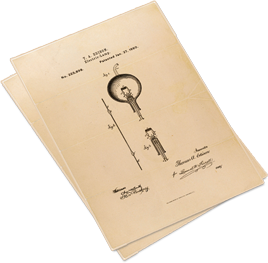Trademarks Get Nasty
The Trademark Act prohibits registration of any mark that, among other things, comprises immoral, deceptive, or scandalous matter; or matter which may disparage or falsely suggest a connection with persons, living or dead, institutions, beliefs, or national symbols, or bring them into contempt, or disrepute. Now a recent ruling by the Court of Appeals for … Continued


